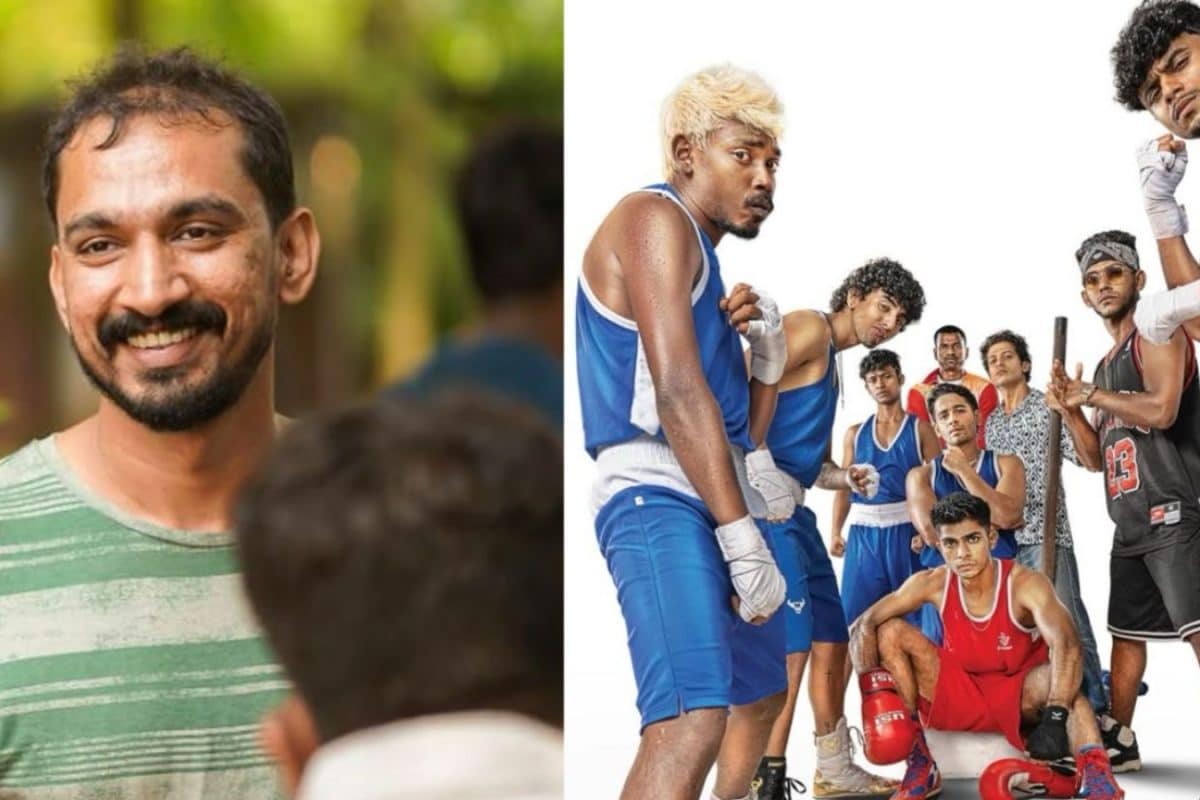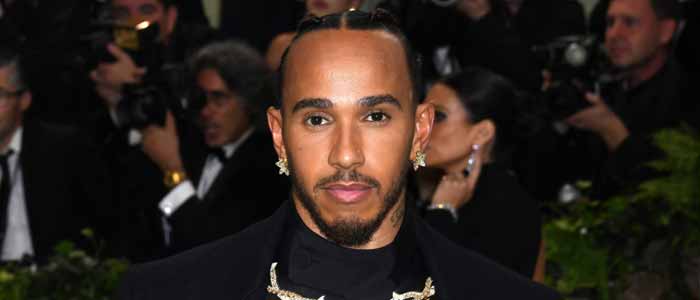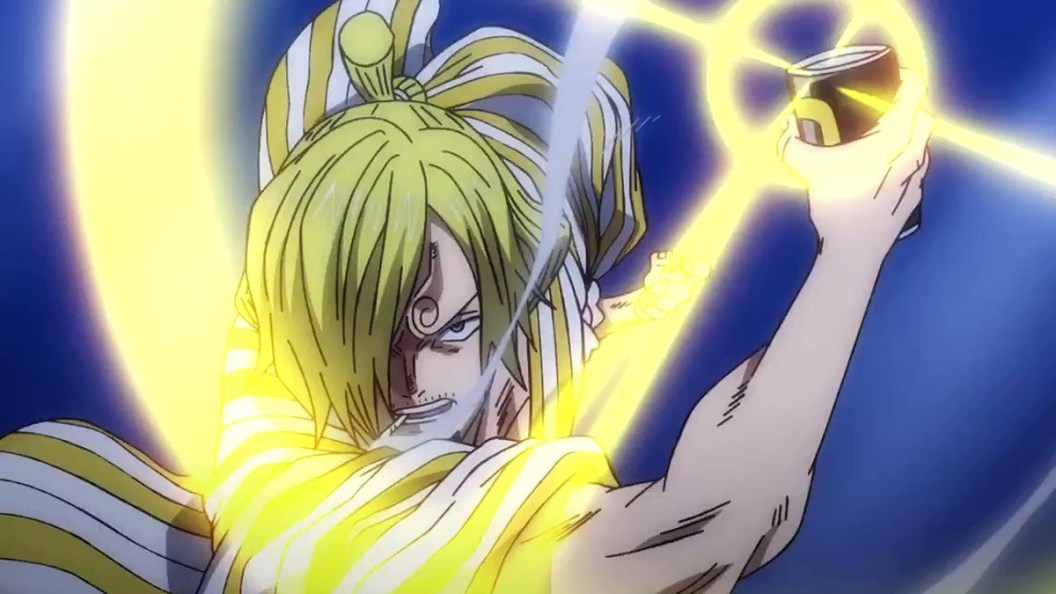Malayalam director Khalid Rahman talks about Malayalam cinema’s small-town magic, making a 'diary film,' and why Alappuzha Gymkhana is the superhero origin story no one expected. Just days before director Khalid Rahman was arrested in Kerala for possession of hybrid ganja, I had a long, freewheeling telephonic conversation with him about Alappuzha Gymkhana, the underdog sports drama that has captured Kerala’s collective heart — and box office. True to his film’s spirit, Khalid was refreshingly candid about the process of making a film that laughs in the face of conventional sports movie formulas.
We spoke about everything: Malayalam cinema’s small-town boom, my comparison of the film to Richard Linklater’s work, why Jojo doesn’t win (yet), and how friendship, not contracts, powers one of India’s finest film industries. When asked about the Malayalam industry’s uncanny ability to consistently tell small-town stories, Khalid brushed off the idea of any grand strategy. “There’s no secret ingredient, brother," he chuckles warmly.

“In Kerala, the audience is open-minded. They watch everything — Tamil, Telugu, Hindi, even world cinema. If the idea is good, they accept it.
That’s the petrol for us to keep trying new things." He mentions Angamaly Diaries and Manjummel Boys as examples of this fertile environment where different, rooted stories can flourish. “We are lucky," he says simply.
For Alappuzha Gymkhana, Khalid wanted to dip into his own memory bank. “I always wanted to do a diary film," he explains. “Something from my life, from childhood.
I thought back to my school days — when we went for a state-level boxing competition. It was hilarious, memorable, full of small failures and tiny victories. That became the seed.
" Interestingly, Khalid insists there’s no direct self-insert character. When I ask if he’s Jojo, the wandering, slightly lost protagonist, he laughs: “No, can’t say that." But Jojo’s confused teenage searching is very much Khalid’s theme.
“In small towns, most kids don’t know what they want after Plus One, Plus Two. They try sports, arts, everything. Families want champions, but they don’t always support the trying process.
Jojo is about that — he’s still searching for his best point." Alappuzha Gymkhana pulls the rug from under typical sports dramas — there’s no rousing, heroic final win. The team loses.
And that’s the point. “I decided early," Khalid says. “This had to be a truthful film.
Nobody writes fantasy wins into their diary. We didn’t add commercial highs. 80% of the film is what actually happened.
" In fact, Khalid calls the film “the origin story" for next year’s champions. “This time they lose. Next time, they win," he says, smiling.
“Superheroes, but real." However, when probed if he already has an idea for a sequel, the director says, “No. Not yet.
I haven’t thought about it. If something excites me I will." One of the film’s most rousing scenes comes when the entire stadium, which had been relatively indifferent till then, erupts in support of the boys.
Interestingly, that was a late addition. “Our music director Vishnu suggested it," Khalid says. “It wasn’t reality-based.
But it lifted the moment, so we added it." When asked was he worried while writing about stadiums and big crowd scenes? Not really. “First, we imagine without limits.
Only later, we think about practicality. Imagination must be free." Talking about how Malayalam cinema collaborates so freely, Khalid is unequivocal.
“We always depend upon the relationship not the not with the agreements. Agreement doesn’t speak here. It’s all like relationship and friendship works here right you know like the cinema is the important thing.
If someone is trying to make a good film everyone will stand for it. They won’t think about money." He cites how friends like Shahi Kabir, the screenwriter of films like Nayattu and Officer On Duty, helped him with the whole idea of the celebrated theater moment in the film— tiny but crucial touches that made all the difference in the film.
On the casting of mostly fresh faces, Khalid explains that they specifically looked for boys who could actually box. “For the main actors, it was easy — they are my friends and colleagues. But for the supporting actors, especially the boxers, it was tough.
" To maintain authenticity, the team searched boxing schools, held test shoots, and auditioned many young athletes. He adds, “We also trained all the kids for six months in boxing before the shoot. They completely dedicated themselves.
" As for future projects, Khalid isn’t rushing. “I can’t work on two films at the same time. Alappuzha Gymkhana just finished.
Now, I’m waiting for the next excitement.".
Entertainment

'Not Contract But Friendships Work In Malayalam Cinema': Khalid Rahman On Success Of Alappuzha Gymkhana | Exclusive

Malayalam director Khalid Rahman talks about Malayalam cinema’s small-town magic, making a 'diary film,' and why Alappuzha Gymkhana is the superhero origin story no one expected.















